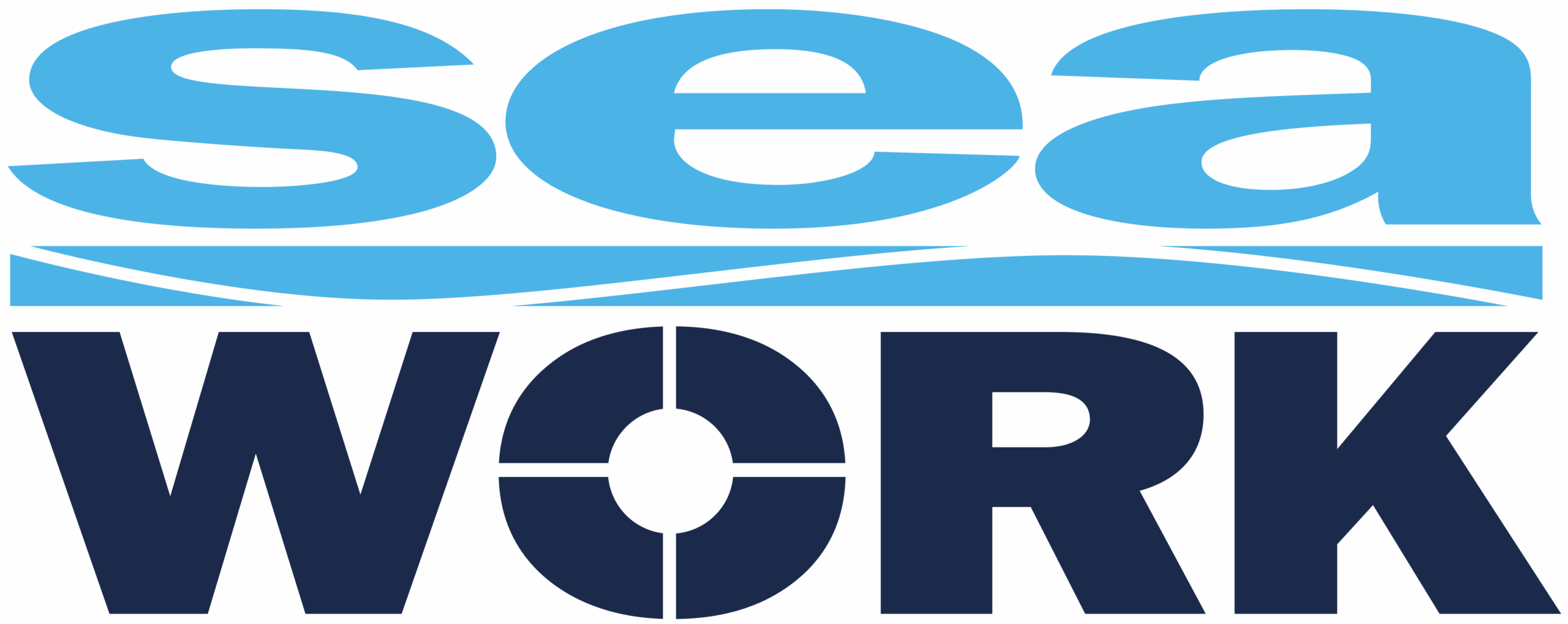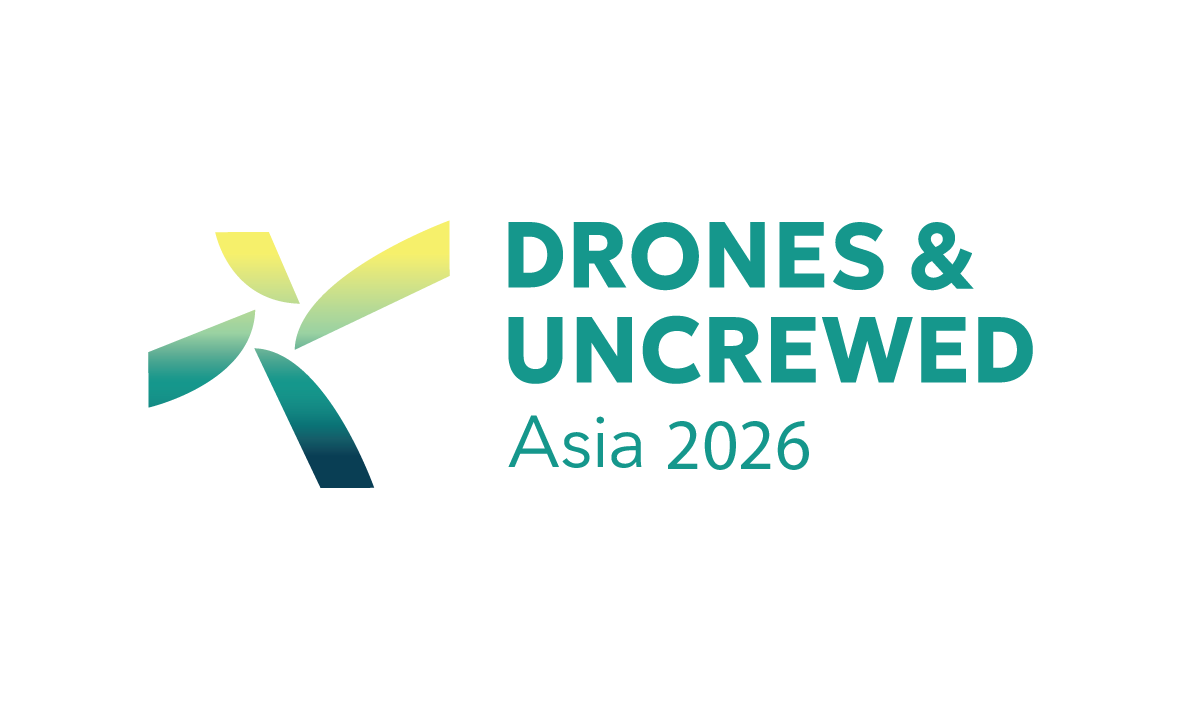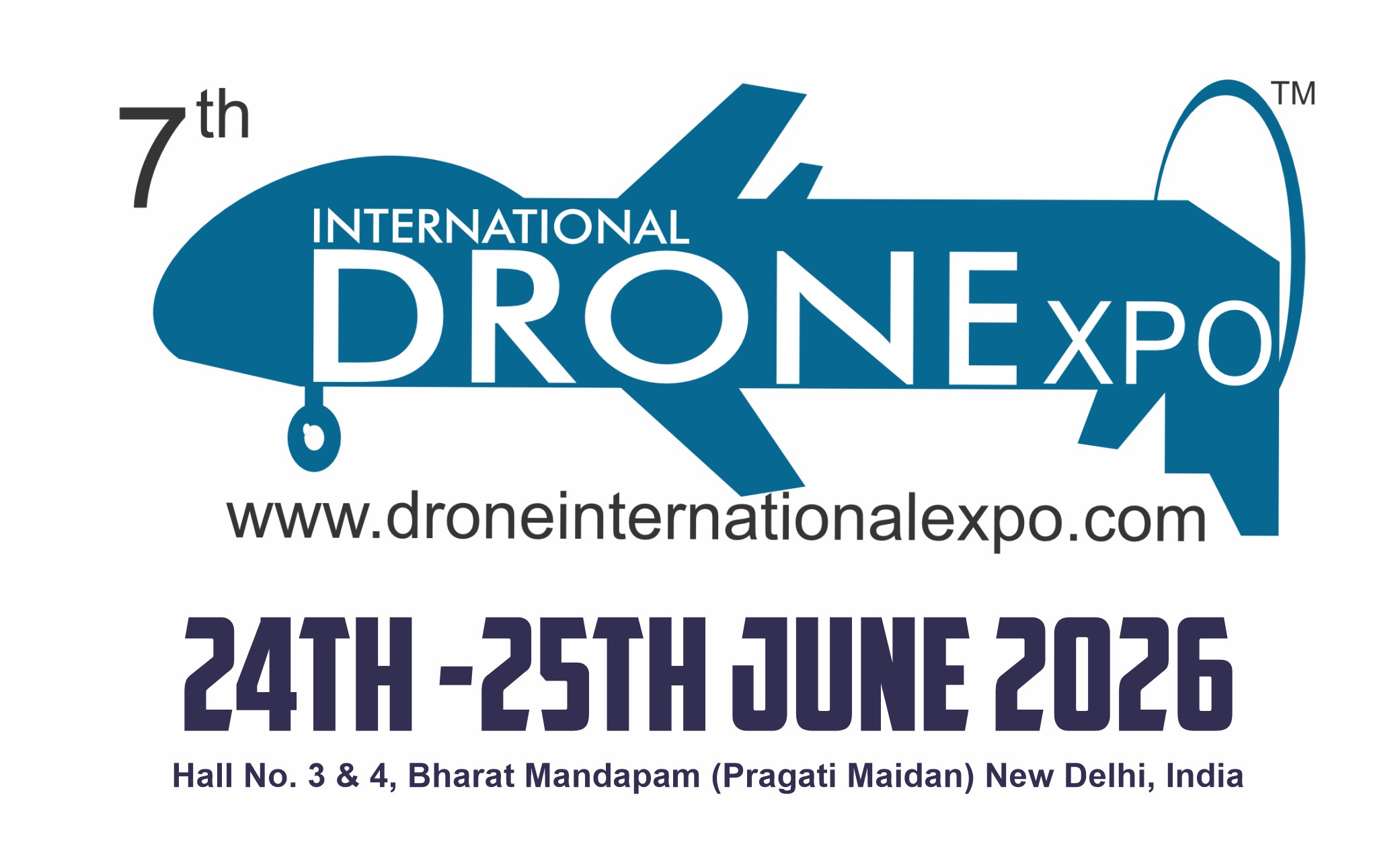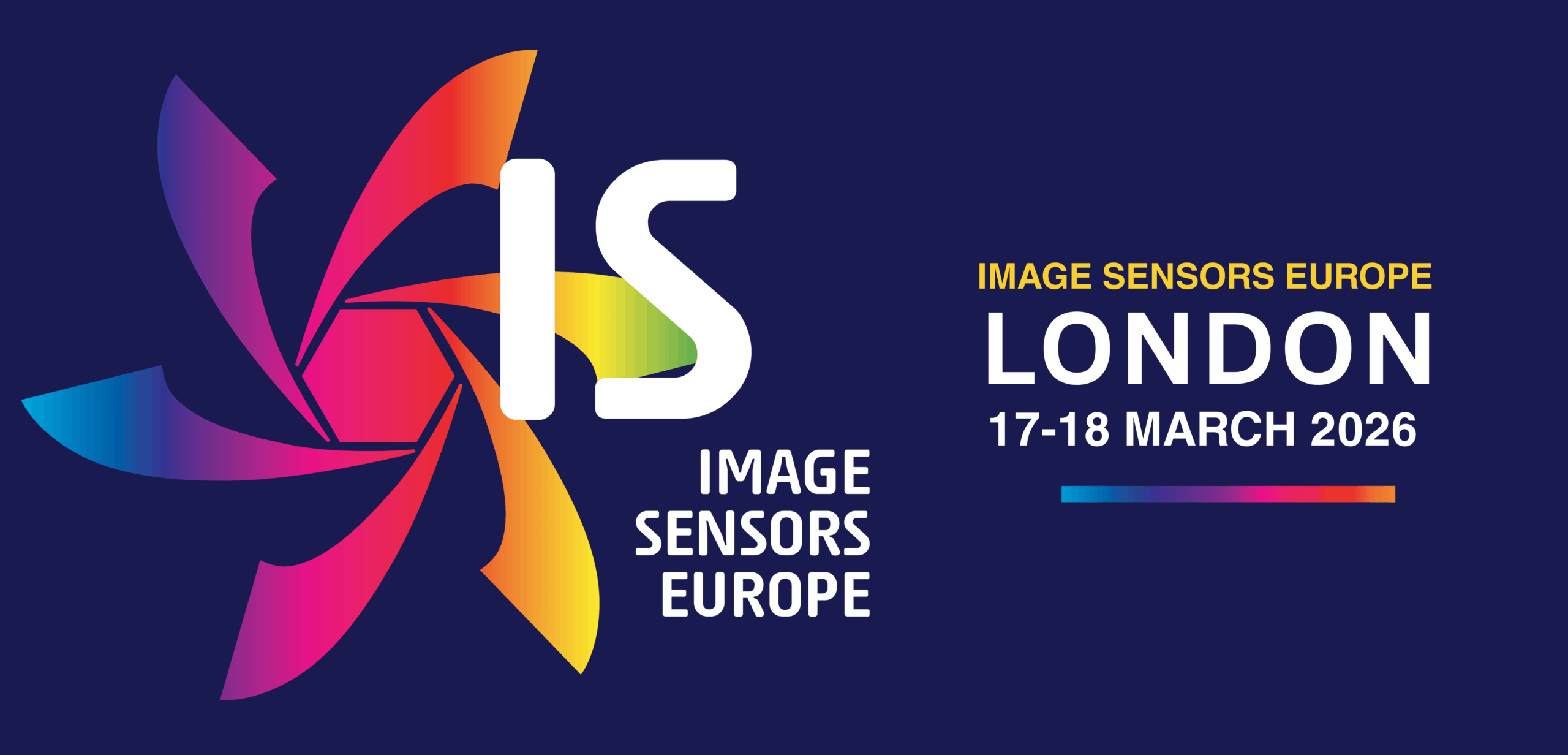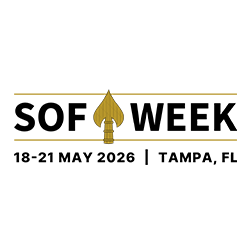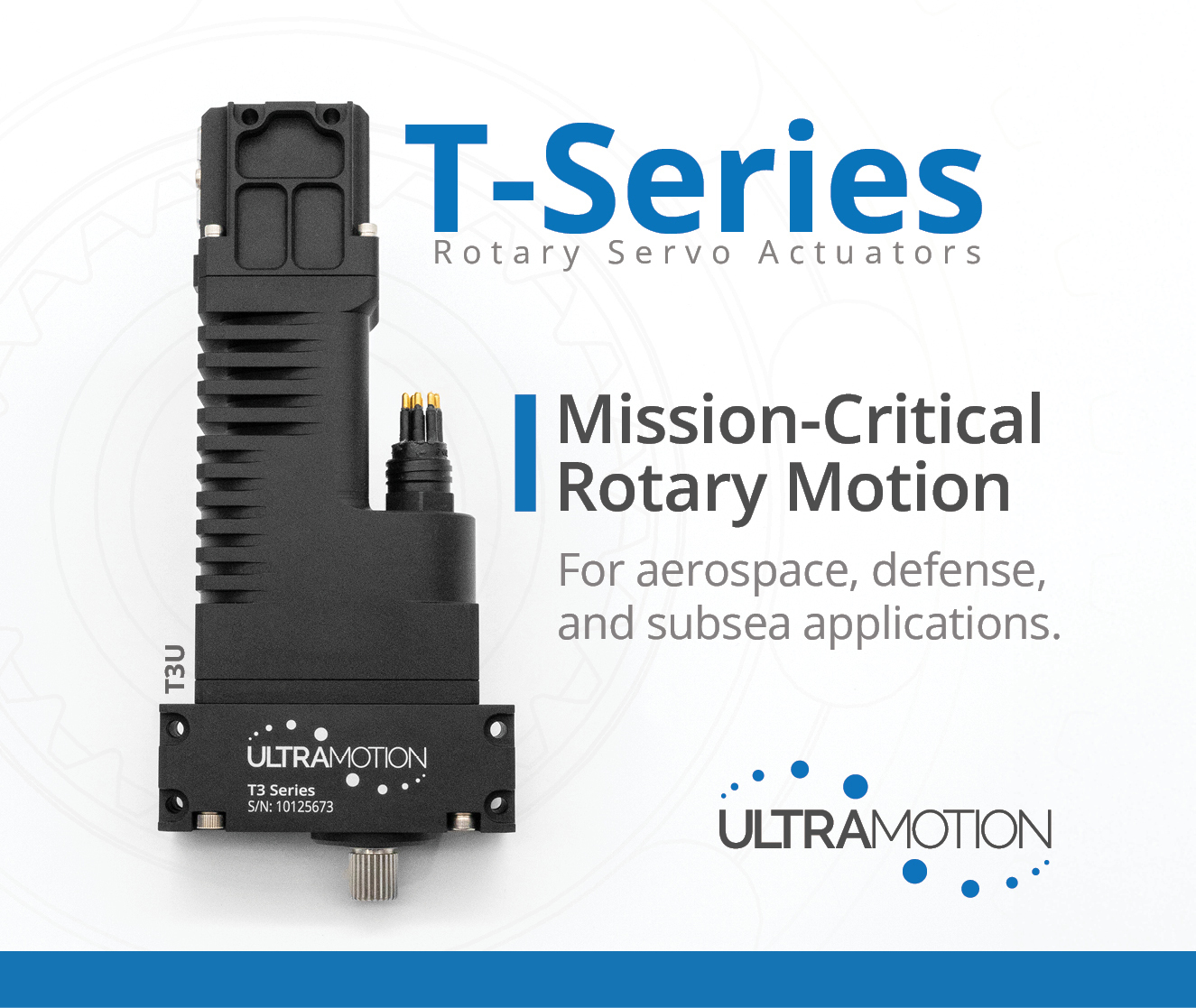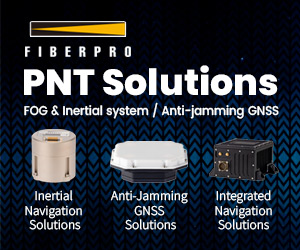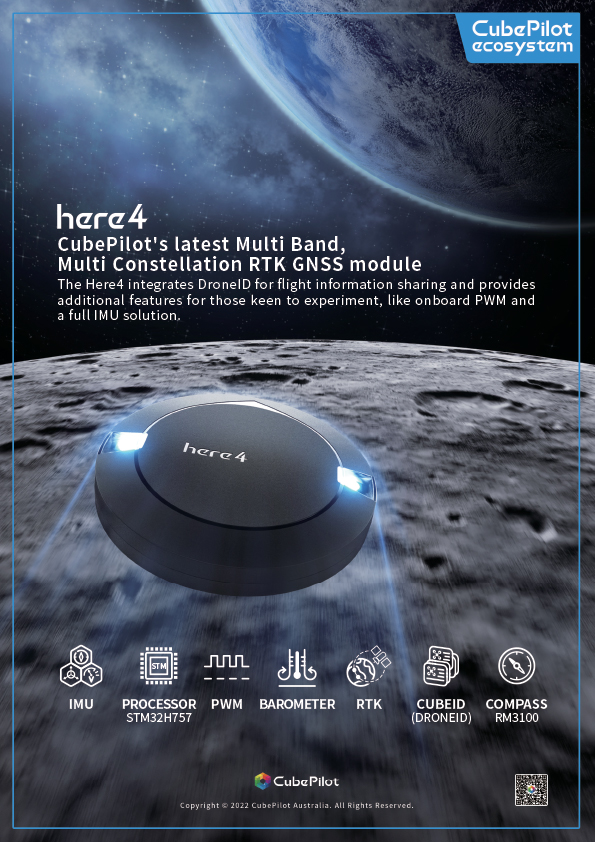Marine autonomy network
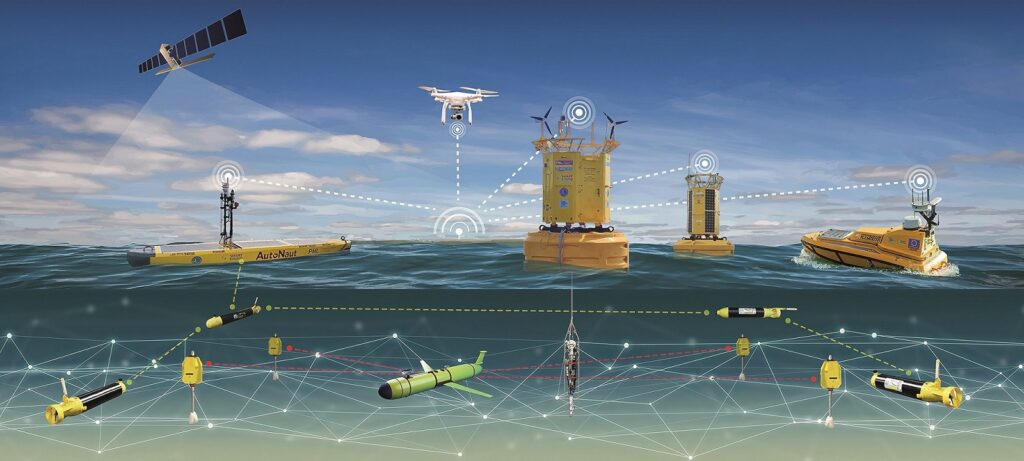
Subsea systems
A laboratory at the University of Plymouth is setting up a £1.2 million project to create an underwater data network in Smart Sound Plymouth (writes Nick Flaherty).
The network, called the Smart Sound Connect Subsurface, will be used to test prototype autonomous underwater systems and services.
There is already a ‘wave relay’ mesh of 4G and 5G radio that reaches 20 miles out to sea running from buoy to buoy developed with Steatite and Vodafone.
The Plymouth Marine Laboratory will install an underwater acoustic comms network that works to depths of 75 m from each buoy and connects into this surface network. The lab is working with acoustic modems supplier Sonardyne on a range of projects.
“The Smart Sound Connect Subsurface network will integrate into the existing advanced surface networks to deliver a fully connected environment, combining underwater, surface and aerial platforms to deliver a testbed for marine autonomy,” said Dr James Fishwick, Head of Smart Sound Plymouth at the laboratory.
The network is a key element of the National Centre for Coastal Autonomy, the UK’s first autonomous fully integrated coastal observing and monitoring network, which will use the latest autonomous boats and submarines. “This will deliver a unique subsea comms network within Smart Sound Plymouth,” said Dr Alex Nimmo Smith, Associate Professor in Marine Physics at the university.
UPCOMING EVENTS





